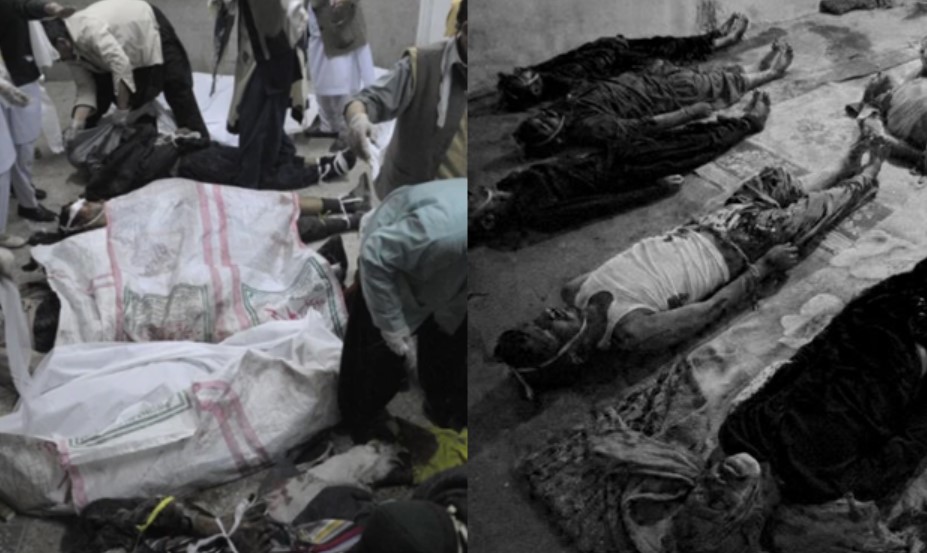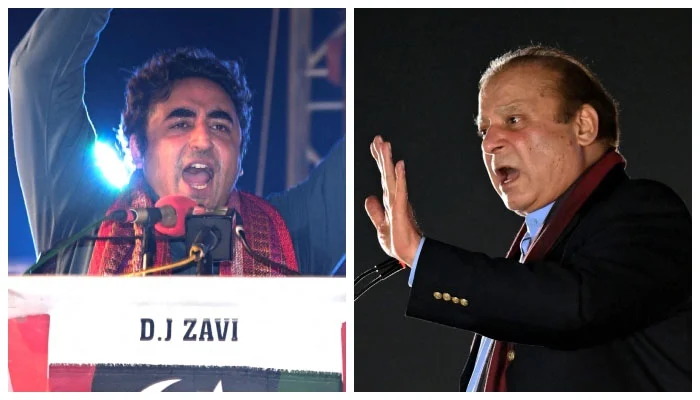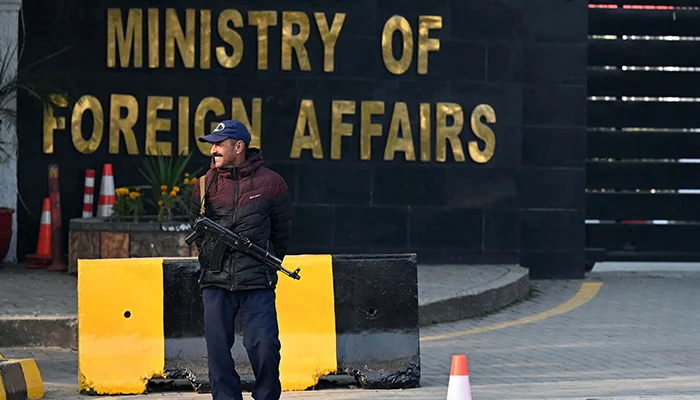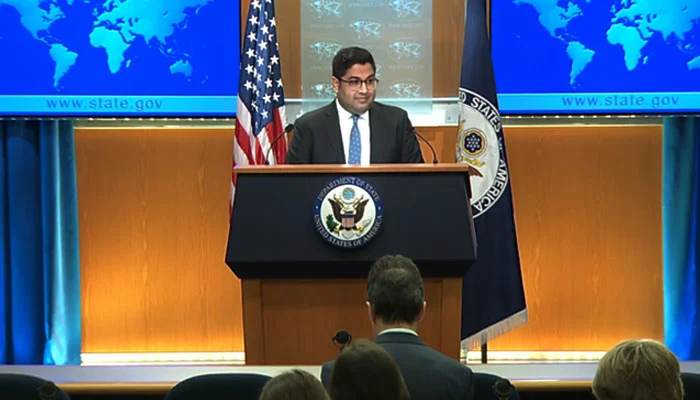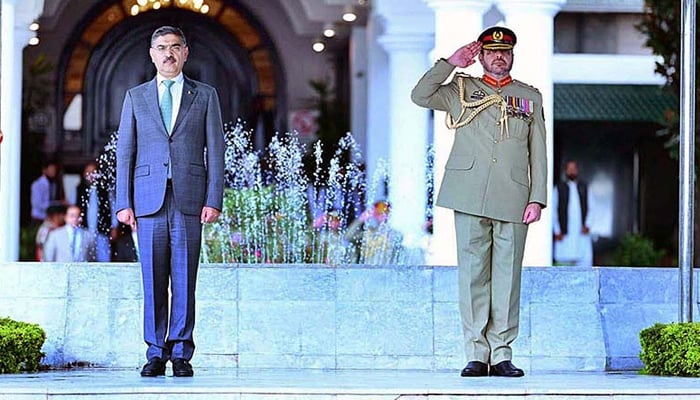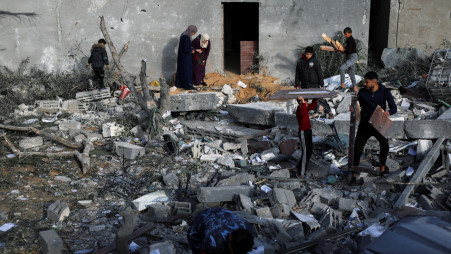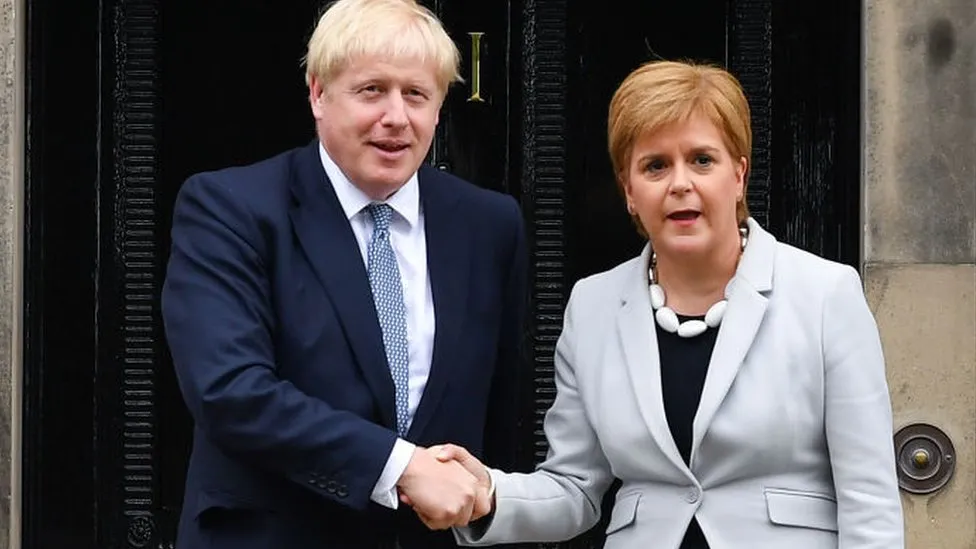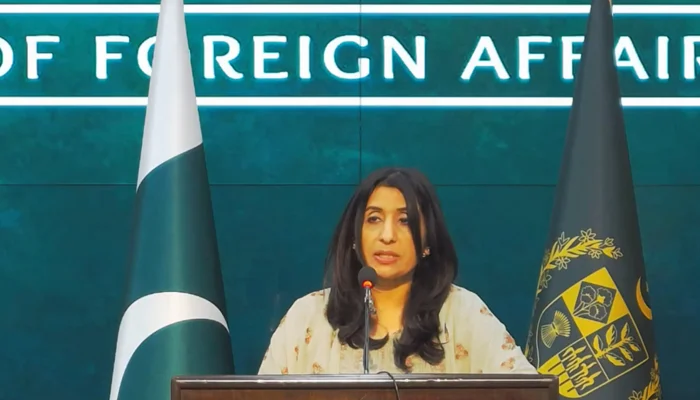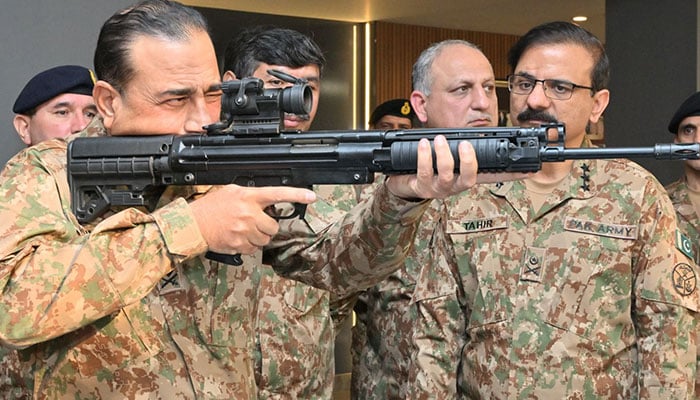QUETTA / ISLAMABAD: Nine Pakistani workers were gunned down by unidentified attackers in Iran’s Sistan-Baluchestan province near the border with Pakistan on Saturday, as the neighbouring countries have sought to ease tensions after deadly cross-border fire.
Iran’s Mehr news agency reported that “according to witnesses, this morning unknown armed men killed nine non-Iranians in a house in the Sirkan neighbourhood of Saravan city” in Sistan-Baluchestan province.
Three Pakistanis were also injured in the indiscriminate fire.
No group or individual immediately claimed responsibility for the attack.
The individuals who lost their lives in the incident were from Punjab, specifically originating from Multan, Muzaffargarh and Bahawalpur districts.
The province’s deputy governor, Alireza Marhamati, told the official IRNA news agency that according to survivors of the incident, “three armed people shot at the foreigners after entering their residence and fled the scene”.
The Iranian media reported that the incident happened early in the morning and the victims were attacked while they were sleeping. All victims received multiple bullet injuries and died on the spot.
Four victims were identified as Mohammad Azar, Ashfaq, Shoaib and Usman. The deceased also included two brothers.
Besides, five of the victims belonged to the Alipur tehsil of the Muzaffargarh district, Deputy Commissioner Mian Usman Ali confirmed. They had been living in Iran for eight years and were on a work visa.
After the news of the killings arrived, the relatives of the victims protested in front of the assistant commissioner’s office in Alipur and appealed to the government of Pakistan to ensure the return of the bodies of their loved ones to Muzaffargarh.
According to sources, the five victims were identified as Muhammad Asif, Muhammad Asghar, Muhammad Akhtar, Muhammad Shoaib and Shabbir Arain.
Pakistan demands justice
The Foreign Office demanded a comprehensive investigation and swift prosecution of those responsible for the brutal attack.
“We are in touch with Iranian authorities and have underscored the need to immediately investigate the incident and hold to account those involved in this heinous crime,” FO spokesperson Mumtaz Zahra Baloch said and condemned the “horrifying and despicable” attack.
She said Pakistan’s consul in Zahedan was en route to the hospital to provide assistance to the injured and was expected to arrive within a few hours due to the considerable distance and security challenges. The Pakistani diplomat was also scheduled to meet local authorities to demand decisive action against the perpetrators.
Ms Baloch said that efforts were underway to facilitate the prompt repatriation of the remains of those killed in the attack. “This cowardly attack does not diminish Pakistan’s resolve to combat terrorism,” she added.
Pakistan’s ambassador to Iran, Muddasir Tipu, expressed his shock over the killings, ensuring full support to the families of the bereaved. “We have called upon Iran for full cooperation in this matter,” Mr Tipu tweeted.
He subsequently spoke with two of the individuals injured in the attack, assuring them of Pakistan’s unwavering support. He reported that all three injured persons were in stable condition and receiving appropriate care at the hospital.
The incident’s timing is particularly significant, occurring just a day before the Iranian foreign minister’s visit to Islamabad, which is expected to include discussions on border security and the challenge of militant sanctuaries along the shared border.
This incident, which occurred within a week of the tit-for-tat strikes by Iran and Pakistan, is likely to add to the tension between the two countries. The attack was carried out in the same region where Pakistan had recently hit Baloch insurgent sanctuaries in its retaliatory strikes.
Besides underscoring the prevailing security challenges in the area, the killings also hint at the intricate nature of the cross-border dynamics between the two countries.
Meanwhile, Ambassador Tipu presented his credentials to President Ebrahim Raisi of Iran on Saturday and, according to the Mehr news agency, praised Mr Raisi’s role in managing the recent developments between Iran and Pakistan as “inspiring and effective”.
“Borders are an opportunity for economic exchanges and improving the security of neighbours, and it is necessary to protect this opportunity against any element of insecurity,” President Raisi said during the meeting with the Pakistani envoy.
The Iranian president called the two countries “brothers” and described their relations as “unbreakable”.
Regional tensions
Saturday’s deadly attack follows rare military action in the porous border region of Balochistan that had stoked regional tensions already inflamed by Israel’s war on Gaza.
On Jan 18, Pakistan launched air strikes on “militant targets” in Iran, two days after Iran had launched strikes on its territory.
Tehran said it had targeted Jaish al-Adl, a militant group which has carried out a spate of deadly attacks in Iran in recent months and has been blacklisted by Iran as a “terrorist” organisation.
The Iranian strikes, which Pakistan said killed at least two children, drew a sharp rebuke from Islamabad, which recalled its ambassador from Tehran and blocked Iran’s envoy from returning to Islamabad.
Tehran also summoned Islamabad’s charge d’affaires over Pakistan’s strikes, which left at least nine people dead.
The two countries, however, announced last Monday that they had decided to de-escalate and resume diplomatic missions with the two ambassadors returning to their posts.
Malik Tahseen Raza in Muzaffargarh also contributed to this report


